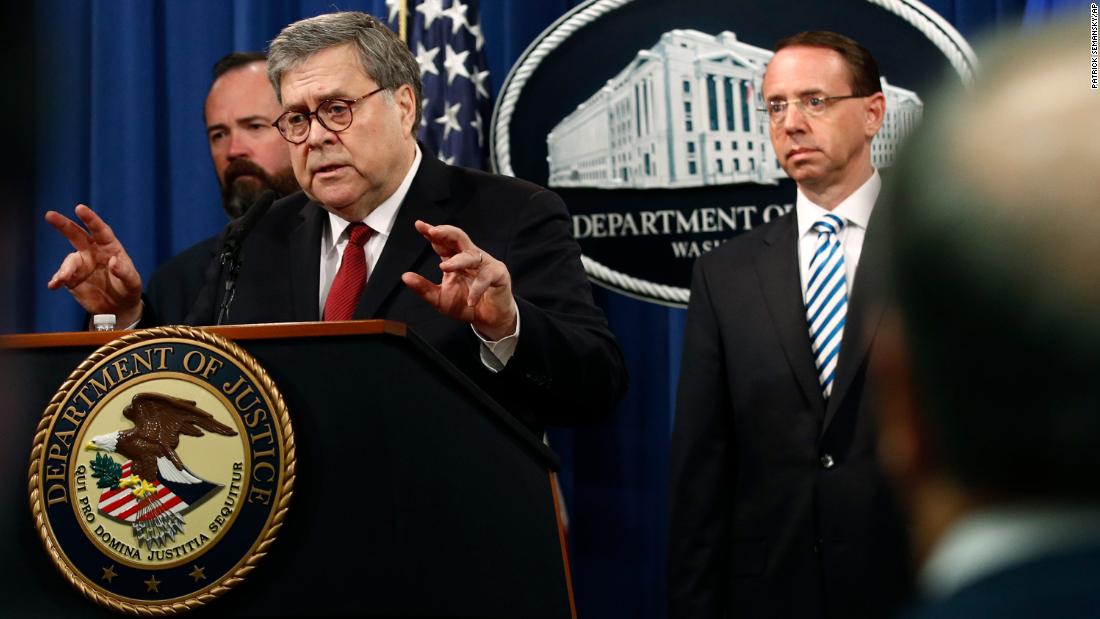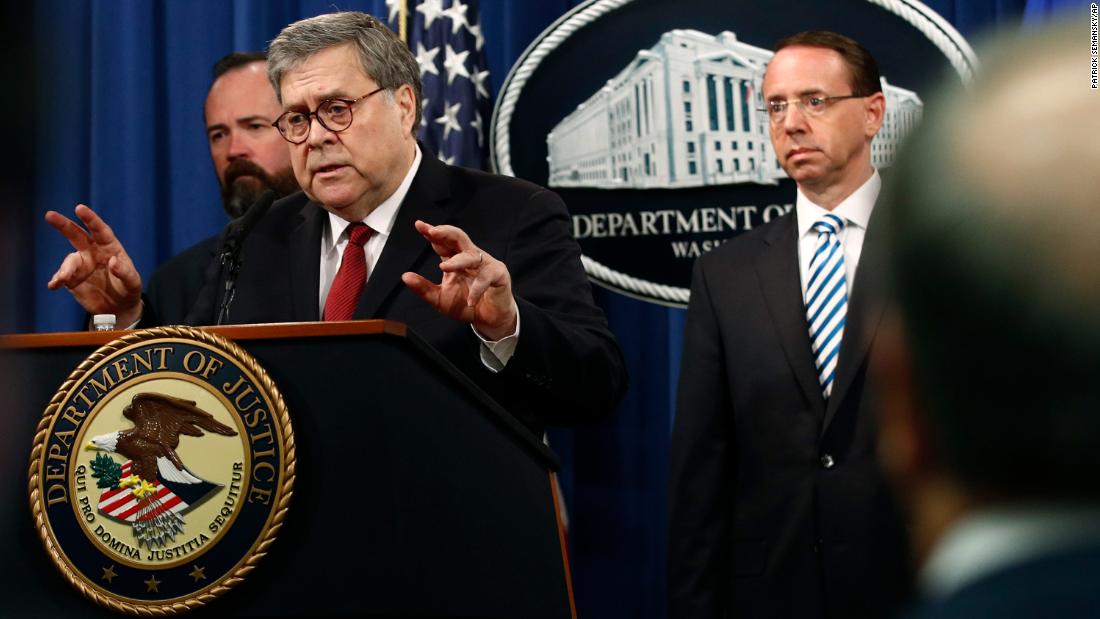
That has sparked a debate over whether Barr acted properly in sharing the report with the President’s lawyers before sending it to Congress. In his remarks, Barr defended his decision, claiming it was “was consistent with the practice followed under the Ethics in Government act, which permitted individuals named in a report prepared by an Independent Counsel the opportunity to read the report before publication.”
Facts first: It’s unusual that Barr relies on an act covering independent counsels, since neither he nor Mueller operates under it. That said, there’s nothing in the special counsel regulations that pertain to Barr and Mueller that either prohibit or mandate sharing advance copies of a report with outsiders.
The Ethics in Government act Barr references covers independent counsels (Robert Mueller, instead, was a special counsel). Regulation — which expired in 1999 — around independent counsels left it up to the courts to determine whether “any individual named in such report” would be permitted to review the report before its release. “(T)he court may make any portion of a final report … available to any individual named in such report,” according to the US code which addresses information disclosure from independent counsel reports.
David Kendall, a lawyer for then-President Bill Clinton during Ken Starr’s independent counsel investigation, sent a letter to Starr requesting that those named in his report be allowed to see the report before its release. Kendall closed his letter by asking Starr “to join with us in seeking a Rule 6(e) order from the Chief Judge to allow us to review the draft ‘report’ and file comments with it.”
While Starr disagreed with Kendall’s legal interpretation of the regulations surrounding independent counsels and denied Kendall’s request, it was not up to Starr to release the report to Kendall, et al. — which is why Kendall was requesting Starr’s support in asking the court to allow a review of the draft.
Barr’s suggestion that allowing those mentioned in the report to see it before its release “was consistent with” former practices is irrelevant because those practices and the act cited do not apply to Barr and Mueller’s authority. Barr is not legally prohibited from allowing people to see the report before releasing it, so his justification for doing such is unnecessary and out of place.
Views: 566











